Black History Month is a time for honoring and reflecting on the hard work and accomplishments of those in the Black community. From Supreme Court Justices to labor law leaders, school teachers to Civil Rights pioneers still paving the way, there is no shortage of inspiration to be found. Young and old can find so many important voices to listen to, lives to look up to, and footsteps to fall into. For this post of Black History Month, we’d like to shine a little light onto those Black Americans who made big, bold moves to make history later in life. It is through their example we are all reminded that greatness and courage is not limited by the amount of birthday candles you blow out, and the wisdom of all elders is irreplaceable, no matter the month.
Shirley Chisholm
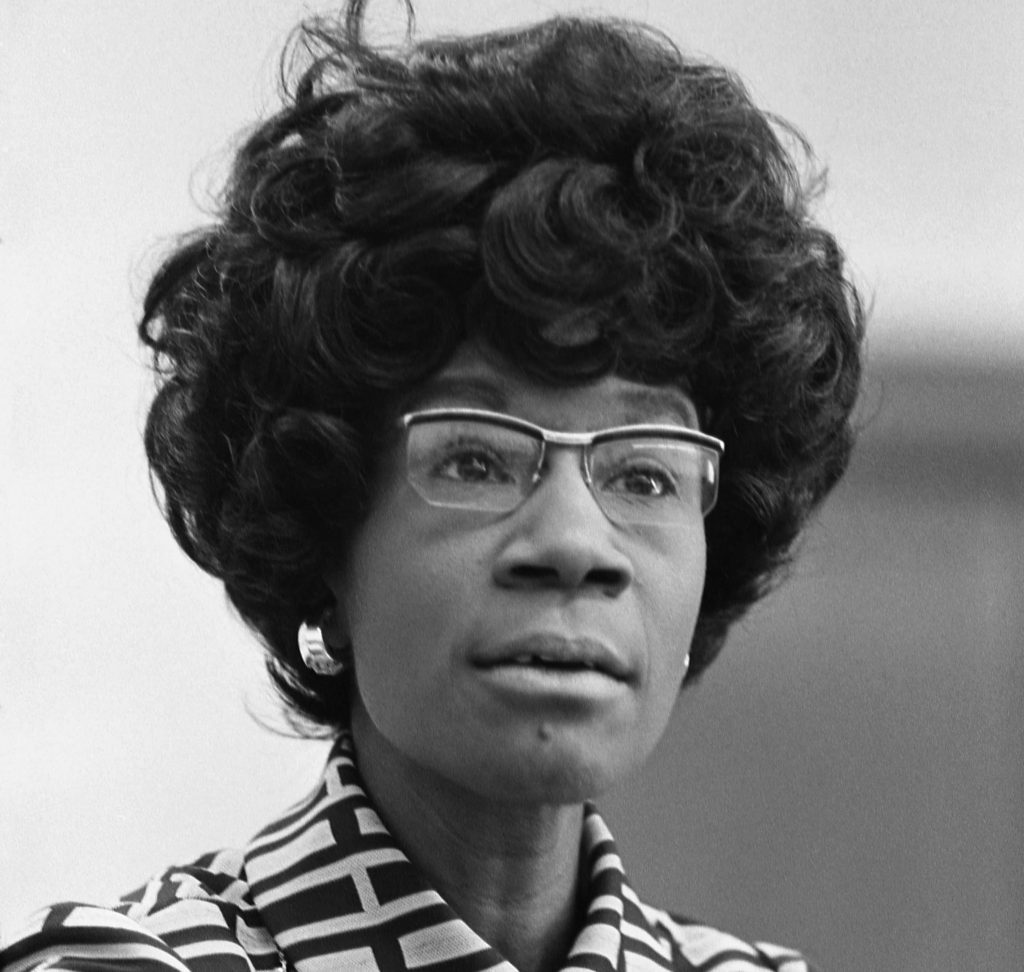
Shirley Chisholm, first Black Congresswoman (1969-1983) and first Black Female Democratic Presidential hopeful (1972), did not reach the pinnacle of her political career until she was nearly fifty. Far from the starry-eyed days of her youth, she remained a steadfast figure in Congress until her 59th year and spent the time after her term ended until her death in 2005 continuing to raise her voice to concerns over race, gender, and class inequalities. Her influence continues to inform aspiring political leaders today.
Dorothy Height
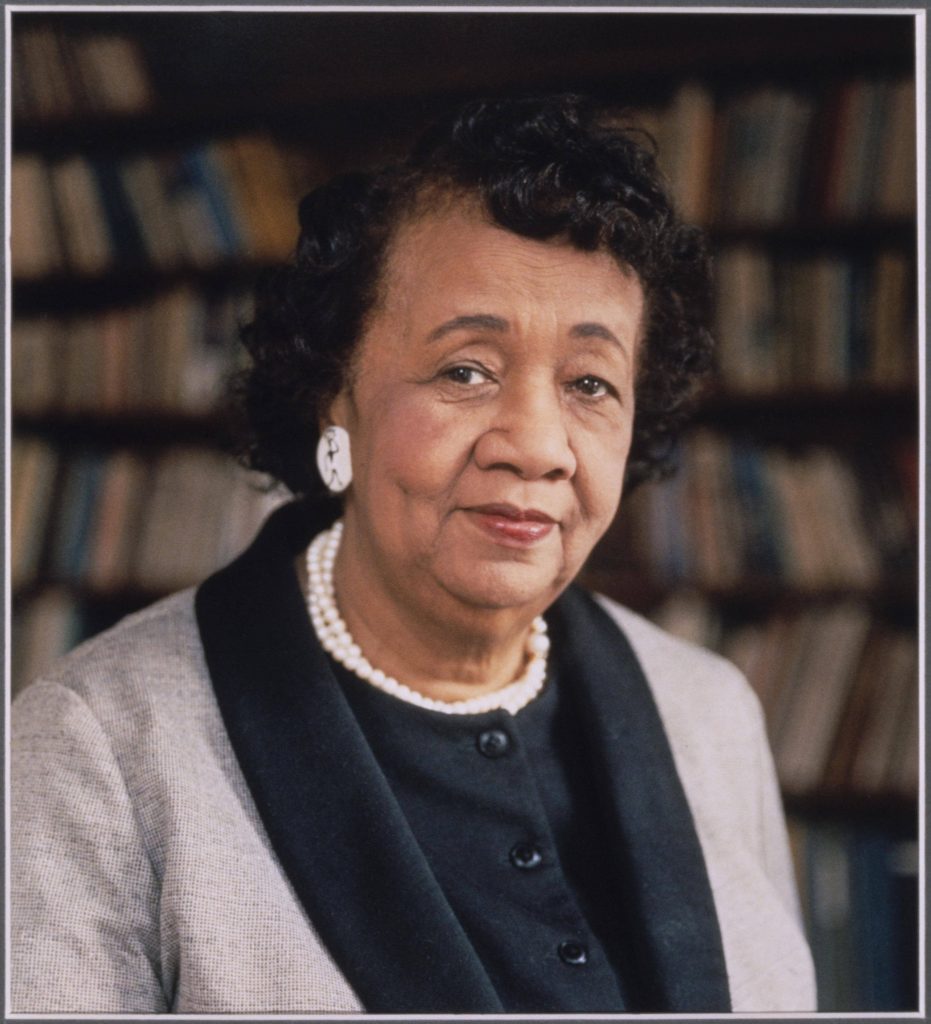
Dorothy Height was known fondly as the Godmother of the Women’s Movement. She received two degrees from New York University in the ‘30s, and went into social work for both the NYC Welfare Dept. and the Harlem YMCA, where she became assistant executive director. She became a vocal focal point in protests against lynching, Black women’s exploitations in slave markets, and desegregation of schools. She served the National Council of Negro Women for more than forty years, worked with Dr. Martin Luther King, Jr. (standing on the platform during his “I Have a Dream” speech) and lobbied President Eisenhower for desegregation of schools, thus changing the face of schools for kids even today.
Ethel Waters
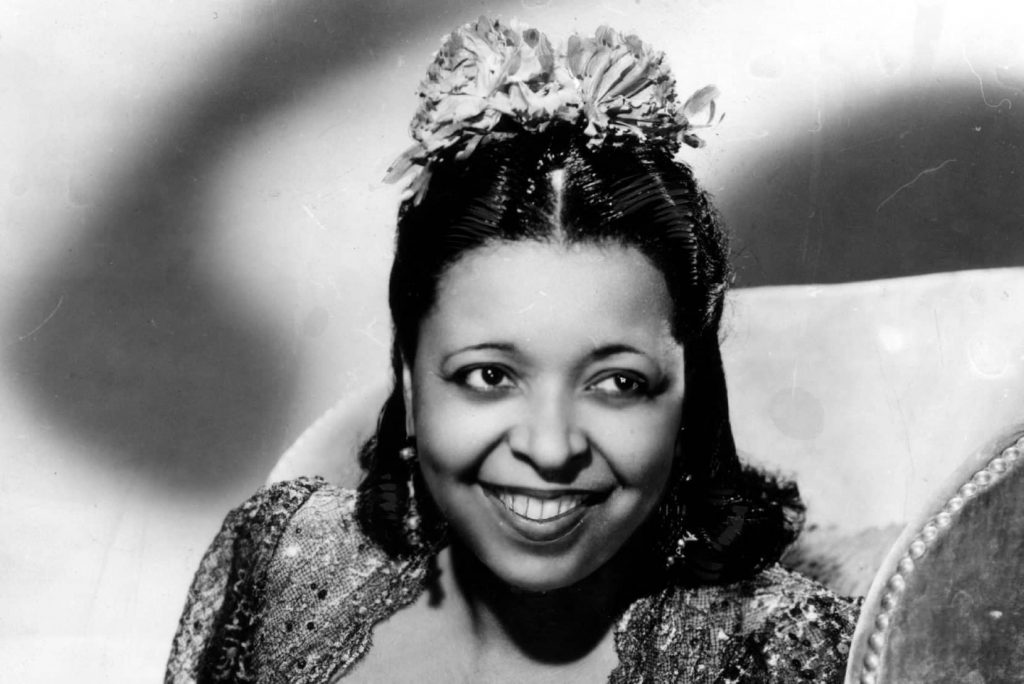
Ethel Waters, blues singer turned actress, became the first Black American to star in her own television show, The Ethel Waters show. The show was such a mainstay for so many families, and her influence in acting was so influential that in 1962, at the age of 66.
Gordon Parks
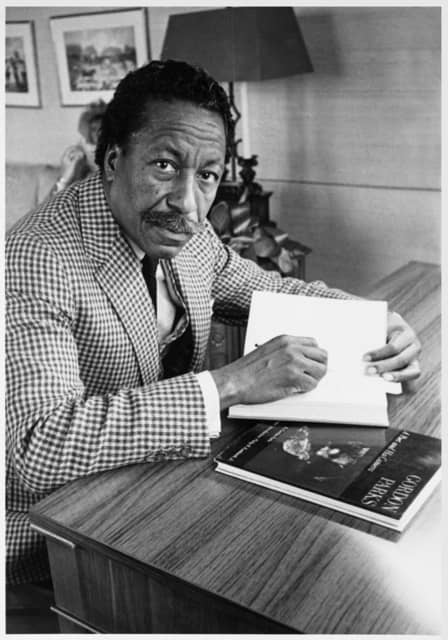
Gordon Parks, notable photographer, became the first Black American to be hired on the staff of LIFE Magazine. His work led him around the world, and he became the man behind the lens for many of the most beautiful photographs in Vogue Magazine. But, his greatest known work is the movie “Shaft,” which he directed, making his mark on history again as the first Black director of a major film. In his words, “I saw that the camera would be a weapon against poverty, against racism, against all sorts of social wrongs. I knew at that point I had to have a camera.” Hints of his influence can be found in current events today, such as the recent Black Lives Matter protests, with many photographers paying respect to his iconic imagery in their own work.
Marian Anderson
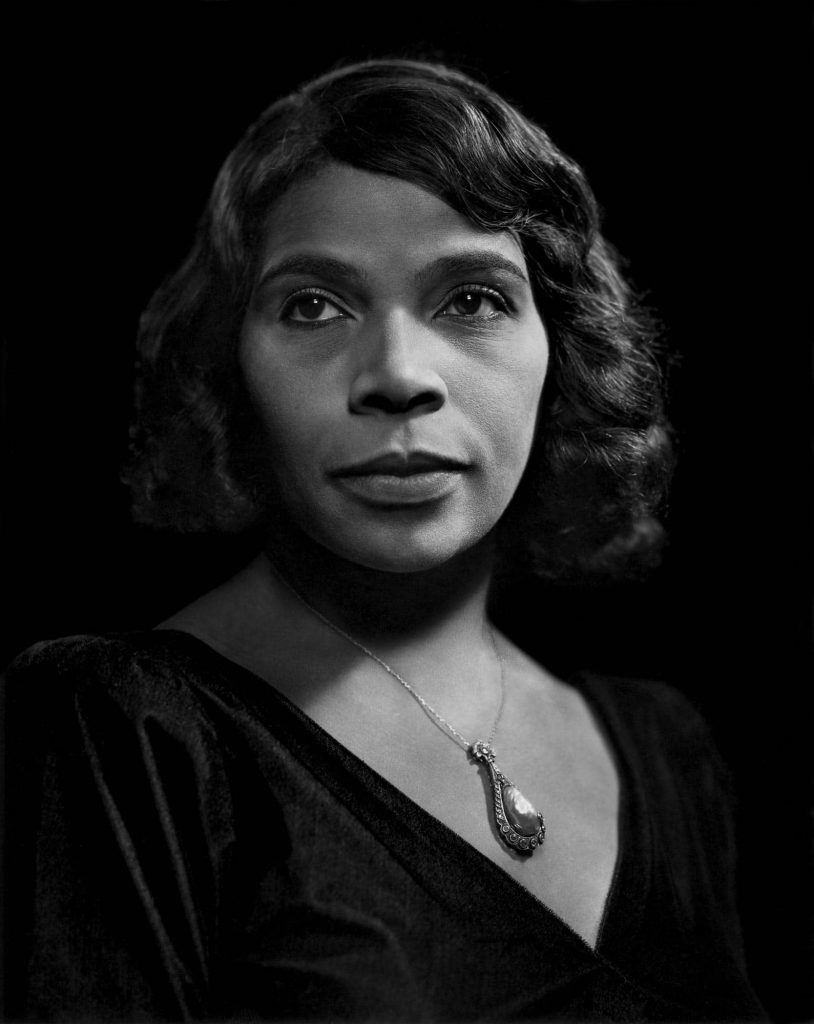
Marian Anderson was easily noted as one of the greatest contralto singers in the world; however, due to her race, she was unable to show off her unique range. In 1957, at the age of 60, she was sponsored by both the Department of State and the American National Theatre and Academy to tour twelve nations, documenting her experience in her autobiography, “My Lord, What a Morning.” Her work led her to be awarded the Presidential Medal of Freedom at age 66, and receiving the Grammy’s Lifetime Achievement Award in 1991, two years before her death at age 96.
Anna Arnold Hedgeman
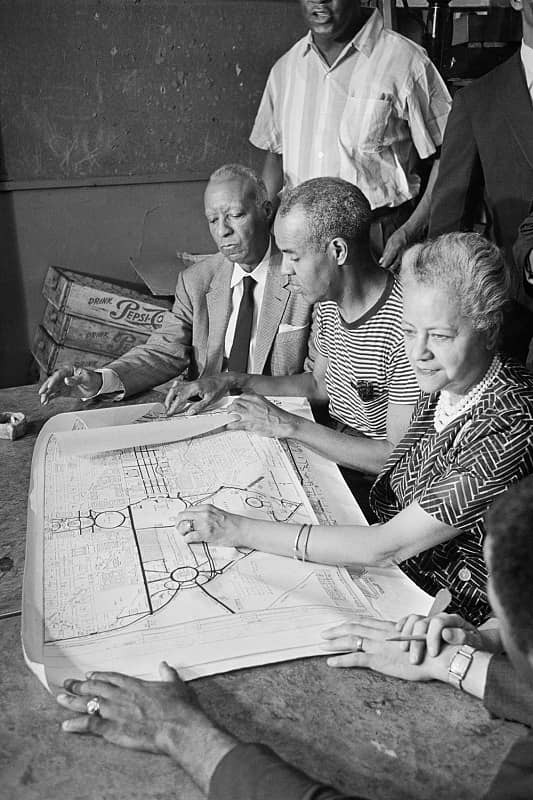
Anna Arnold Hedgeman had big dreams as a little girl growing up in New York City and always wanted to affect change in some way. In 1954 until 1958, she was elected to the Mayoral Cabinet in NYC, the first Black American woman to hold that position; she was 55 years old. Knowing the issues the Black population faced, she became an editor and contributor to New York Age, the most prominent Black newspaper of its time. But, she didn’t stop there! In 1963, she organized the March on Washington for Jobs and Freedom, recruiting over 40,000 protesters herself. Then, in 1966, at age 67, she became co-founder of the National Organization for Women, an organization still honoring her work and dedication to the progress of women and girls everywhere. She was a noted educator, lecturer, and consultant to educational center and universities. Her message was often rooted in the importance of understanding our history as the basis for achieving equality. In her 60s and 77s, she wrote novels, The Trumpet Sounds and The Gift of Chaos, along with articles for organizations, journals, and newspapers rooted in social justice initiatives.
Amelia Boynton Robinson
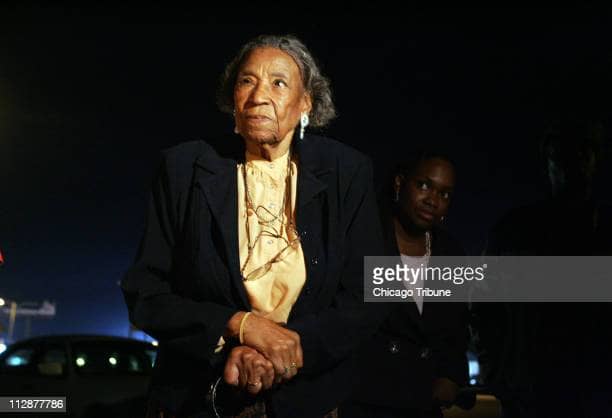
Amelia Boynton Robinson, Civil Rights Leader in Selma, Alabama, serves as a role model for those of us hoping to live, or already living, into triple digits. In 1963, following her husband’s death, she found herself stepping into increased activism in the Civil Rights Movement. She turned her home into a base for strategy sessions in Selma for their civil rights battles and its voting rights campaign. In 1964, she wanted to encourage Black voting and registration, so she ran for Congress, making history as the first Black female to run for office in Alabama, and the first woman of any race to run as a Democrat. This led her to become a member of the “Courageous Eight,” a steering committee in the Dallas County Voters League. In 1965, she helped organize the march to the state capital, a historic event led by the late John Lewis, another force for good who used his voice and passion to make changes nearly up until the day he died. This event, March 7, 1965, became known as Bloody Sunday, and a photo of Robinson lying on the Edmund Pettis Bridge after being beaten unconscious was seen around the world. She did not let that stop her and continued to march, protest, and use her voice. She was invited as a guest of honor when President Johnson signed the Voting Rights Act of 1965. Robinson remained a steadfast figure in civil rights conversations and movements, even into her 90s. Her life was even portrayed in the movie, Selma. She died eight days after her 104th birthday in 2015, and the effects of her life have truly reshaped history, allowing her the title “Matriarch of the Civil Rights Movement.”
This is not an exhaustive list of those older Black Americans who have helped change the face of history for all citizens everywhere, but rather a sample of those who seem to be forgotten during mainstream Black History Month celebrations, memorials, and media articles. These seven have paved the way for incredible greatness and progress, proving that even those whose ages may be considered later in life can provoke all of us to look to our collective history for perspective on the present and preparation for our future

